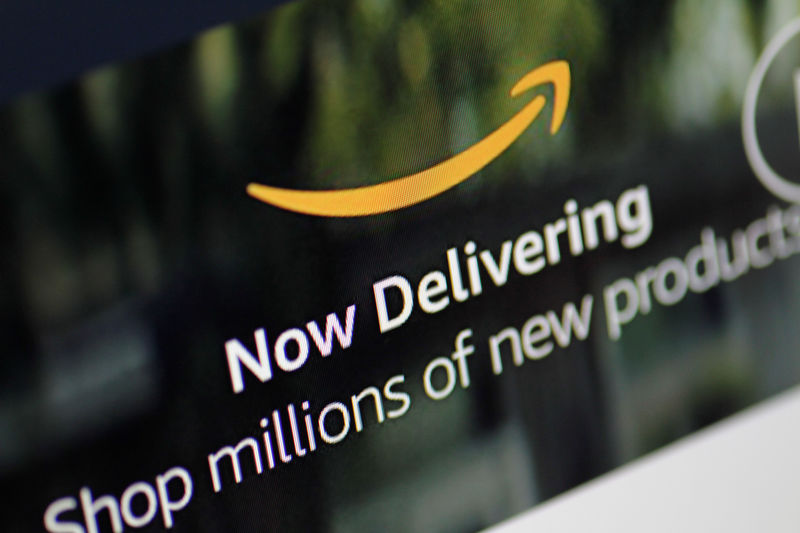© Reuters. FILE PHOTO: European Union flags fly outside the European Commission headquarters in Brussels, Belgium, March 1, 2023.REUTERS/Johanna Geron/File Photo
(Reuters) -IRobot shares slumped 35% in premarket trading on Friday after a report the European Union antitrust regulator was planning to block Amazon.com (NASDAQ:)’s $1.4 billion buyout of the Roomba vacuum maker.
Amazon was informed during its meeting on Thursday with the European Commission, the EU’s executive arm, that the deal was likely to be rejected, the Wall Street Journal reported.
The U.S. tech giant did not offer remedies until a Jan. 10 deadline to address the regulator’s concerns the deal could reduce competition and reinforce Amazon’s e-commerce platform dominance.
Amazon agreed to buy iRobot (NASDAQ:) in August 2022 to beef up its portfolio of smart devices, which include the Alexa voice assistant, smart thermostats, security devices and wall-mounted smart displays.
The potential blocking of the deal could weigh on iRobot’s prospects as a standalone company, analysts said.
“Regulators have little concern for iRobot’s health and financial outlook,” said Gil Luria, analyst at D.A. Davidson & Co.
“They believe they are preventing harm to consumers by not allowing big technology companies to acquire businesses and make those categories less competitive.”
Meanwhile, a likely rejection would make it the second tech deal to hit regulatory hurdles in recent weeks. Adobe (NASDAQ:) in December scrapped its $20 billion deal for design software maker Figma on “no clear path” for antitrust approvals.
Amazon had in July slashed its offer by about 15% after iRobot incurred fresh debt. That month, the EU warned Amazon the deal, cleared by UK regulators, could reduce competition.
IRobot’s shares have more than halved in value through Thursday close since the deal was announced.
Their last close of $23.62 is well below the $51.75 per share amended price Amazon has agreed to pay.
The European Commission has until Feb. 14 to either approve or reject the deal.
This story originally appeared on Investing

